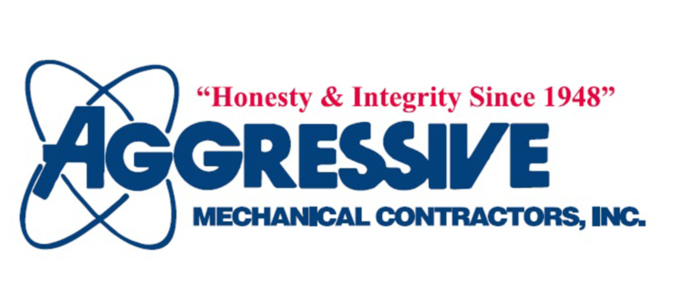
If you’re uncertain whether your Neptune City residence has poor indoor air quality (IAQ), it likely does.
We are indoors a lot. In reality, we’re in a building up to 90% of the time, according to the U.S. Environmental Protection Agency. And the air inside residences could be 2–5 times worse than outdoors, which could create long-term health concerns.
Most Common Causes of Bad IAQ
We’ve put together a list of the most frequent origins of bad IAQ, the issues they make and how you can fix these indoor air pollutants. If you’re worried about the air inside your house, we recommend chatting with a specialist like Aggressive Mechanical about which options are a good fit for your house.
Volatile Organic Compounds
Volatile organic compounds, or VOCs, are fumes leaked by regular household products.
They’re found in paint and stains as well as:
- Furniture
- Carpet
- Building materials
- Cleaning products
- Cosmetics
- Air fresheners
- Candles
When these vapors accumulate in your home, they may irritate your eyes, nose and throat. They can also result in headaches and nausea. Regardless of whether your house is in a rural or industrial location, an EPA study found indoor levels of these pollutants can be 2–5 times higher than the air outdoors.
Always use the manufacturer’s guidelines when painting or cleaning. Cracking a window can help fumes dissipate faster.
Air purification systems can also better your air. This system partners with your heating and cooling equipment to clean indoor air. When seeking one, ensure it’s specifically created to eradicate VOCs.
Dust and Pet Dander
Dust and pet dander can irritate health problems like asthma and allergies, especially when it continually gets moved by your home’s comfort unit. While you can vacuum more frequently and install an improved air filter, an air filtration system may be a better solution.
This unit hooks to your comfort equipment to provide powerful filtration. Some types provide hospital-level filtration for getting rid of particles and bioaerosols.
Lingering Odors
Modern homes are securely sealed to enhance energy efficiency. While this is great for your energy costs, it’s not very good for your IAQ.
Musty odors can stick around for a greater amount of time since your residence is pulling in less fresh air. As keeping your windows open throughout the year isn’t doable, here are two approaches you can make your indoor air smell fresher.
An air purification system is put in your ductwork to wipe out odors before they get released again. Look for one with a carbon filter and the ability to eliminate damaging VOCs. This equipment can also help keep your loved ones healthy by wiping out most bacteria and common allergy triggers like pollen and mold spores.
A ventilation system removes musty indoor air and replaces it with crisp outdoor air. There are two models of systems (heat recovery and energy recovery), so check with our professionals for more information on which type is best for your residence.
Unsteady Humidity
It’s important your house’s humidity remains even. Air that has too much moisture can lead to mold, while dry air can create respiratory symptoms.
Our professionals suggest 40–50% for top comfort. To keep yours in balance, think over getting a whole-home humidifier or whole-home dehumidifier with your heating and cooling unit.
Rather than having to drag a humidifier from room to room, this equipment delivers consistent humidity across your house.
Carbon Monoxide
Carbon monoxide is colorless gas you can’t smell. It occurs when there’s insufficient combustion in fuel-burning equipment, like gas heating systems, water heaters or fireplaces.
It creates a serious health risk. In little levels, it can lead to flu-like sickness like headaches and nausea. It could be lethal in large levels.
We suggest regular furnace maintenance to ensure your equipment is working smoothly. This service allows our techs to spot troubles before they begin, including malfunctions that can lead to carbon monoxide leaks.
The best way to keep your house free of carbon monoxide is to get detectors. These alarms should be on every floor near bedrooms and living spaces.
Better Your House’s Air Quality with the Aggressive Mechanical Experts
Informed that your residence has poor air quality but not sure how to enhance it? Or unsure which product is ideal for you? Give our kind HVAC experts a call at 732-502-9300 or contact us online now. With free estimates and pro service, we’ll help you find the right equipment for your family and budget.
